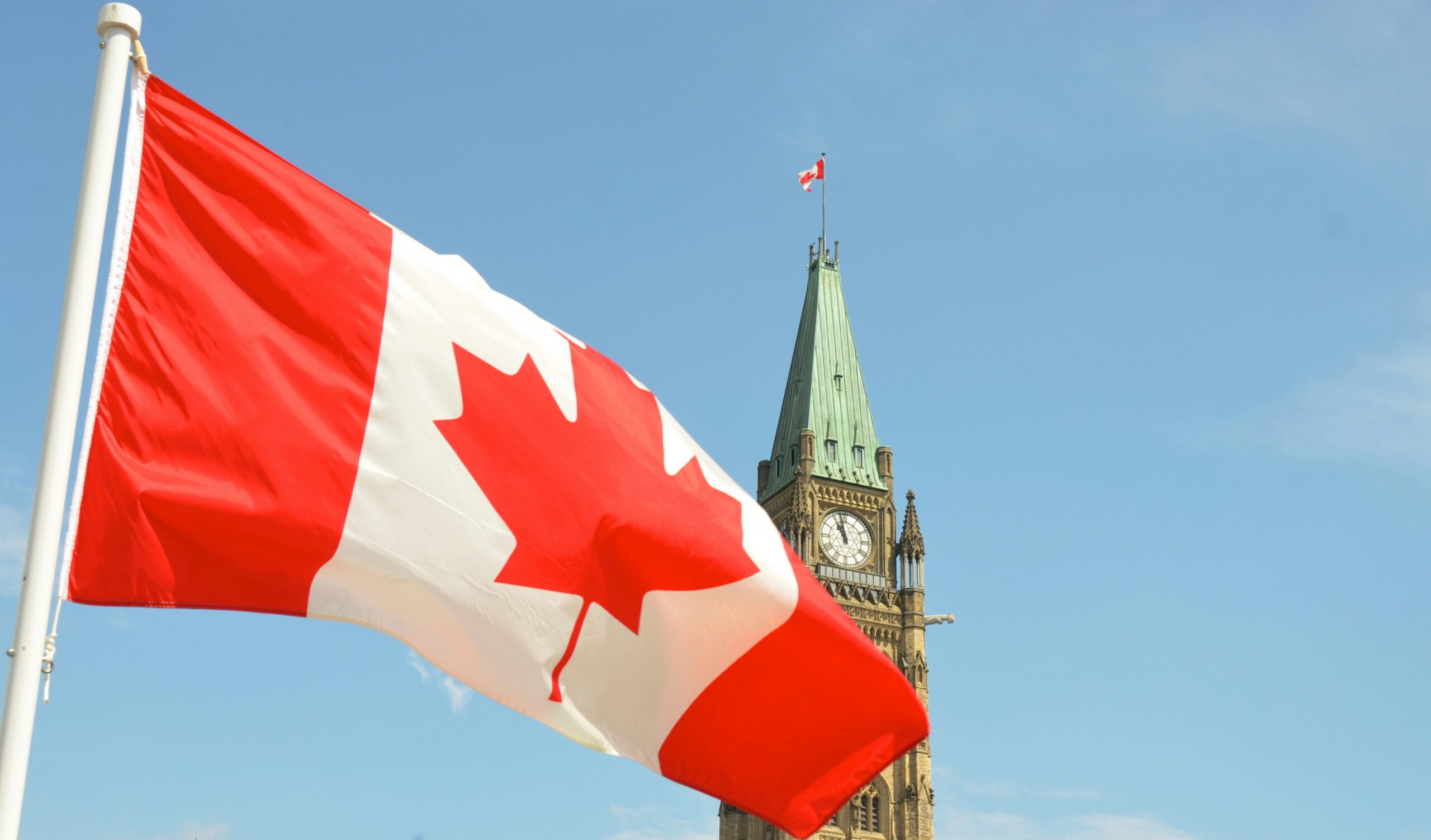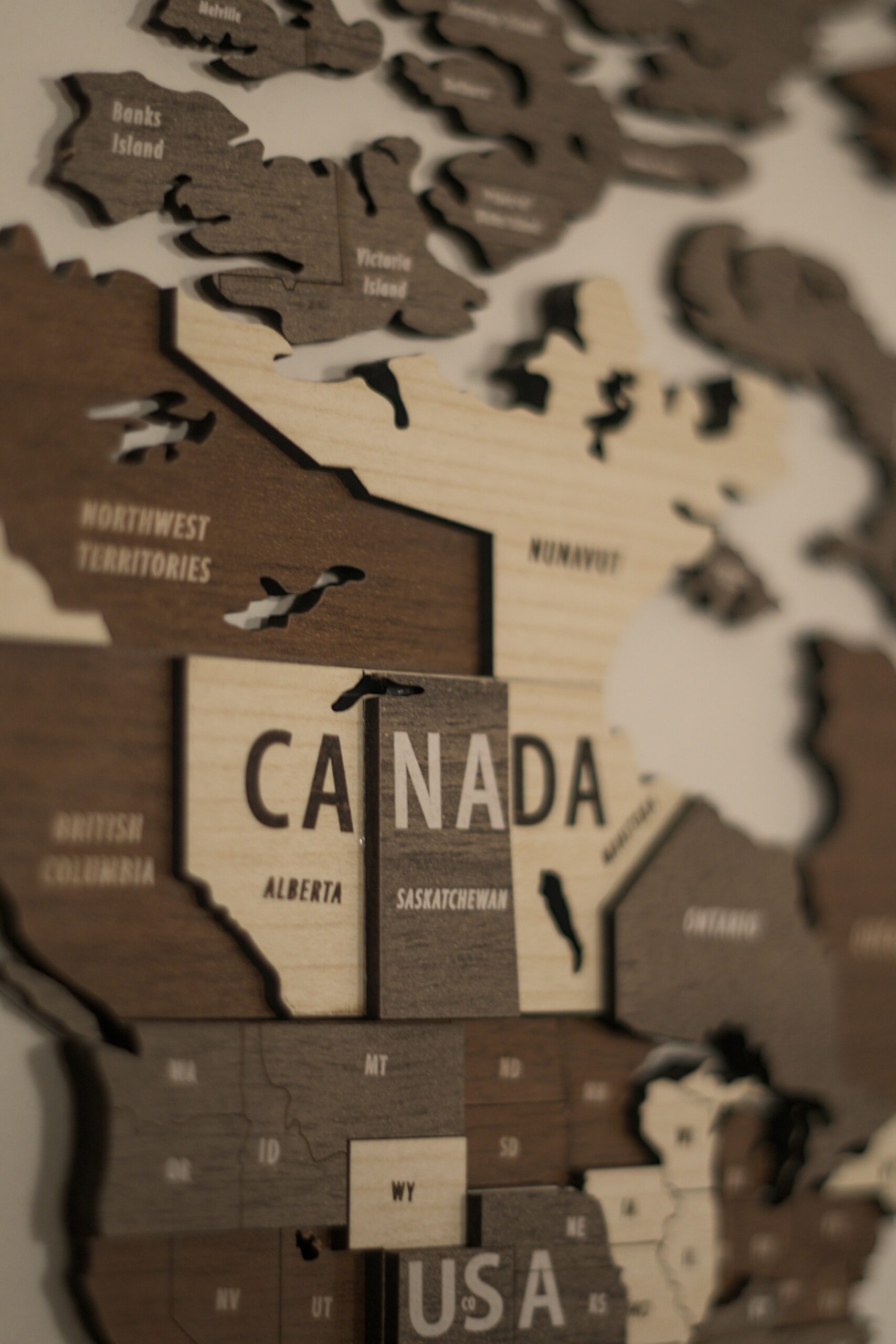Wealthy Canadians receive favourable treatment in avoiding paying income tax.
This is the opinion of those that work at Canada Revenue Agency (CRA). The CRA is our tax collector.
A union-sponsored survey was conducted by the Professional Institute of the Public Service of Canada (PIPSC). They are the union representing CRA employees. More than 1,700 auditors and other CRA professionals responded to the online survey.
One of the statements was “it is easier for corporations and wealthy individuals to evade and/or avoid tax responsibilities than it is for average Canadians.” Nine out of 10 agreed this was true.
The CRA employees surveyed included those on the front lines of tax collection. They are in a good position to judge the fairness of tax collection.
The PIPSC report is titled Shell Game: How Offshore Havens, Loopholes, and Federal Cost-Cutting Undermine Tax Fairness. To clarify, the federal cost-cutting cited are from budget cuts in 2012.
The survey of CRA employees was conducted in February and March this year.
In July, PIPSC commissioned Environics Research to conduct a public opinion phone survey of 1,000 Canadians. Almost 80 per cent of those asked, agreed wealthy Canadians were more able to reduce their income tax payable than average Canadians.
The same high number of people both from the CRA and from the general public believe the Canadian tax system is not fair. For a country that prides itself on fairness, that is a dismal result.
This serious fairness imbalance of tax collection in Canada is not new.
In 2015, Canadians for Tax Fairness released a report and came to the same conclusion. “Despite government’s assurances that taxpayers are treated fairly, the CRA is anything but fair,” states the report.
Tax collection is an important part of any country’s governance. Taxes pay the bills for services enjoyed by citizens.
Fairness and transparency are critical components to any financial matter. Tax collection should be fair for all Canadians regardless of wealth or lack of it.




